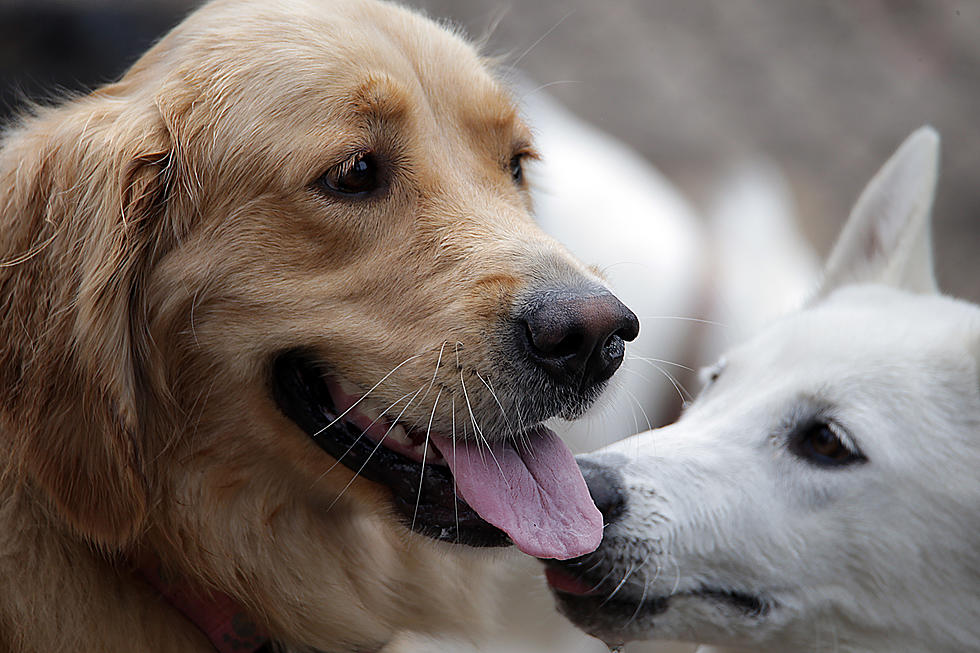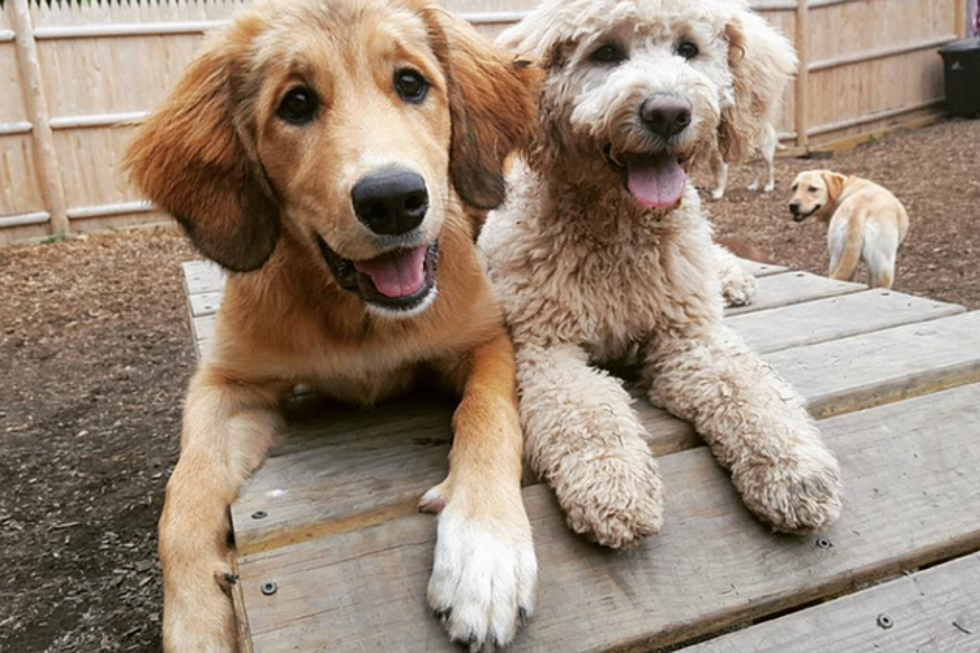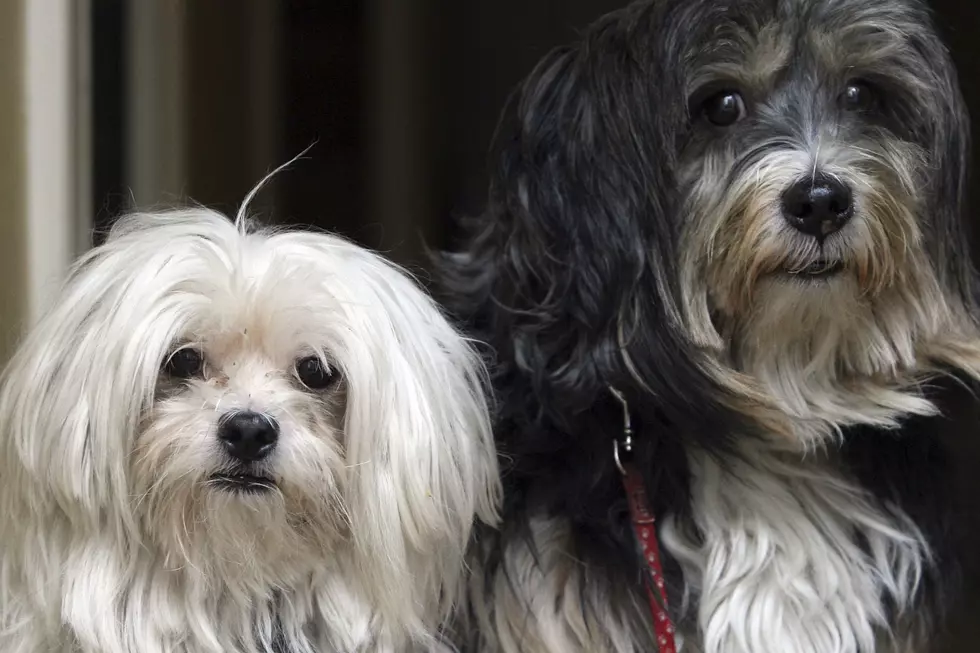
Your Dog Knows Just What You’re Thinking. Well Yeah, But Now The Science Proves It
I'm glad scientists are still hard at work testing theories, but frankly this is one theory I don't feel the need to defend with scientific data when I tell people one of my favorite stories about my dog Coda. He's smart and calculating!
My husband didn't want the dog on the bed, so every morning when he left for work Coda would watch him leave and then come running for the bedroom and in a few quick strides he'd land smack on top of me in the bed. Of course I'd laugh like crazy, knowing he had deliberately waited for my husband to turn his back, snuggle with him for a minute, and then dutifully tell him to get down off the bed.
After a few weeks of this morning ritual had passed, and more dog hair would mysteriously appear on our comforter, I confessed to my husband. I explained that Coda would wait for him to get in the car before he'd coming running for the bed.
The next morning my husband called the dog's bluff, and as Coda started to settle down on the bed, he yelled in through the open bedroom window and caught Coda quite by surprise with a gruff voice and stern question, "what are you doing on that bed?" He jumped down quickly, visibly startled by being caught in the act.
The next day after my husband left for work Coda came running, then slid to an abrupt stop and trotted over to the open bedroom window, as if to double check whether or not my husand was actually gone, before jumping on the bed. When I finished laughing, I scolded him and told him to get down.
So now Lead researcher Dr Juliane Kaminski, of the University of Portsmouth’s department of psychology, said: 'Humans constantly attribute certain qualities and emotions to other living things. 'We know that our own dog is clever or sensitive, but that's us thinking, not them. 'Excitingly, these results suggest humans might be right, where dogs are concerned.
Dr. Kaminski's study was based on food, but I think it applies across the board. What do you think?
More From WQCB Brewer Maine







![A Snow Dog’s First Snowfall [Video]](http://townsquare.media/site/695/files/2016/12/Caesar-In-The-Snow-e1483147729385.jpg?w=980&q=75)

